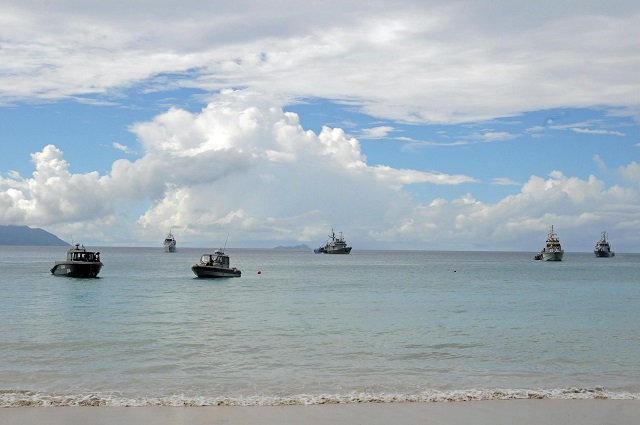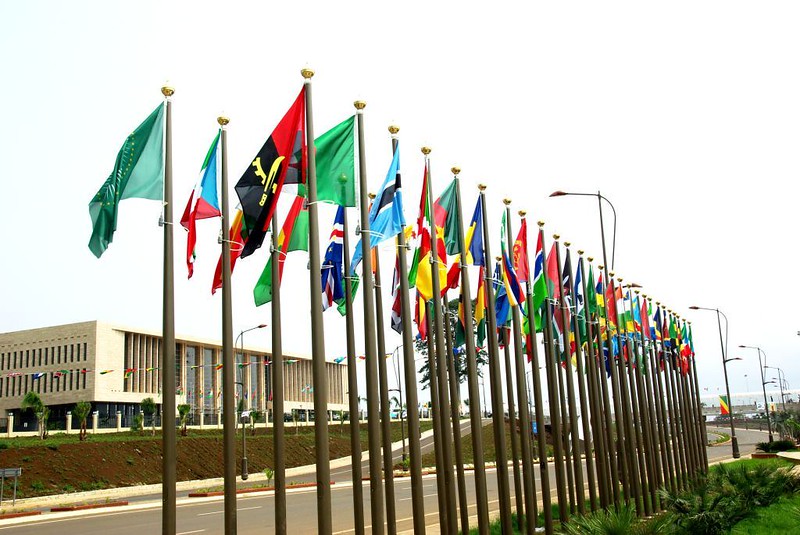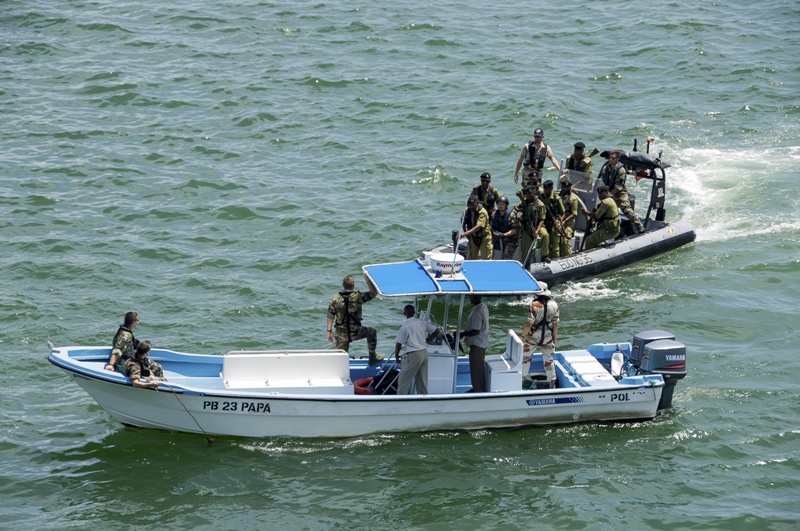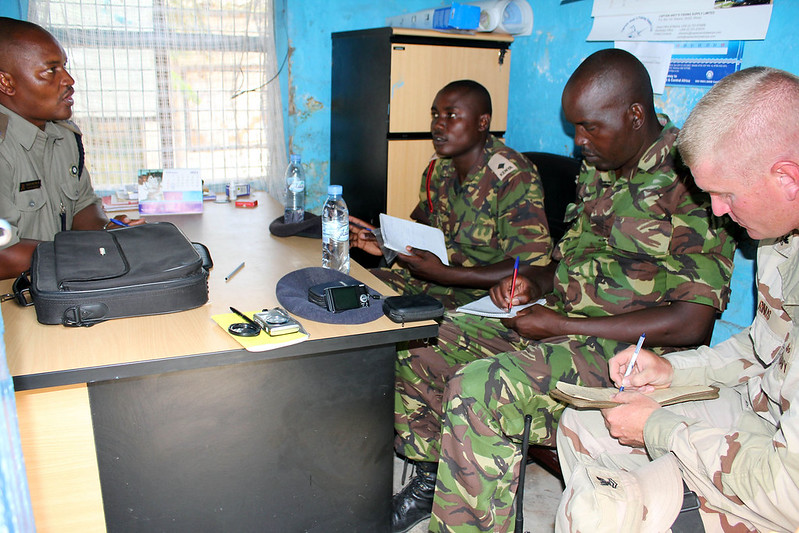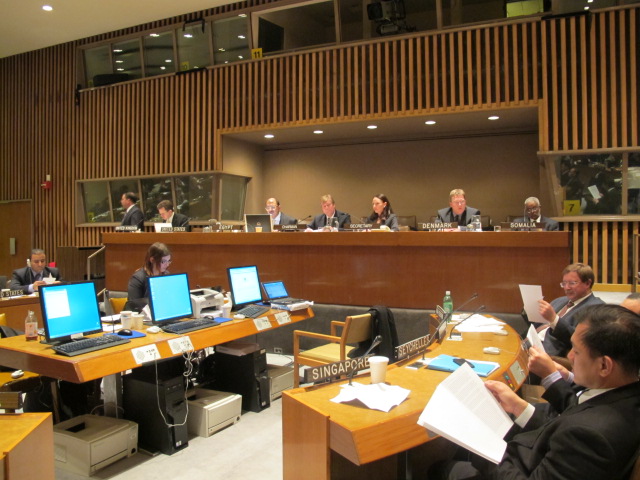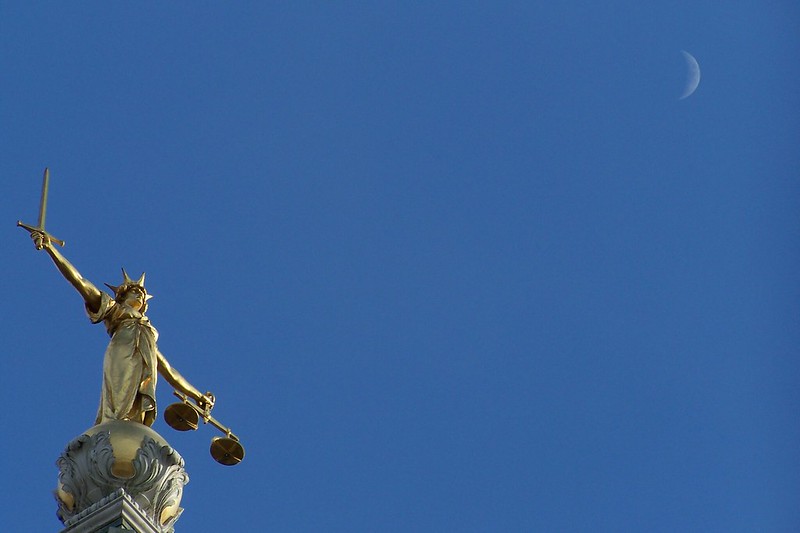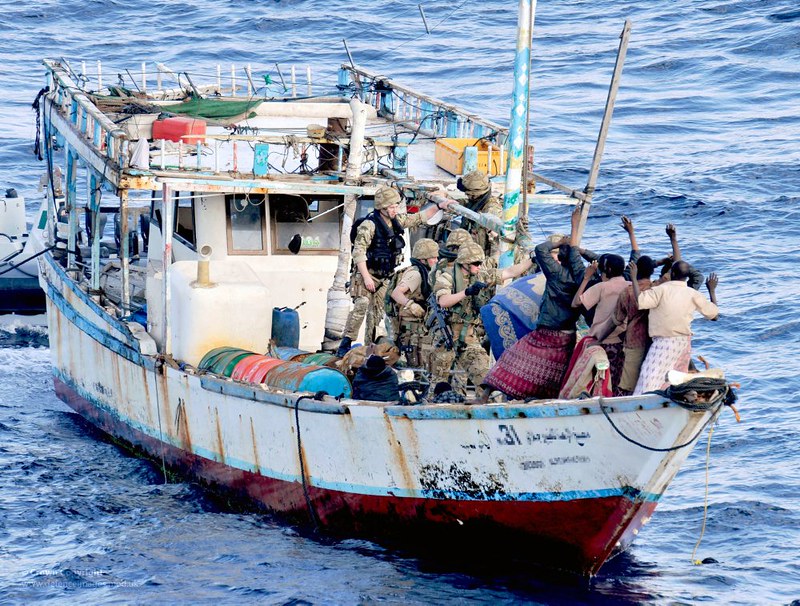One of the core challenges of governing the maritime in order to achieve the goals associated with maritime security and the blue economy is the coordination of the different governmental agencies implementing policies at sea and those societal actors that use the sea. Our recent meetings with practitioners in Kenya and Seychelles revealed the different approaches countries are taking in addressing this challenge.
Commentary
Seychelles: Small Country – Big Lessons for Capacity Building
Famed for its idyllic beaches and pleasant tropical climate, and with a population of less than 100,000 permanent residents, Seychelles is perhaps the archetypal small island state. It is also an increasingly important actor in the maritime security of the Western Indian Ocean region. This is in large part due to two factors. First, its strategic location off the coast of East Africa, in proximity both to the troubled state of Somalia and to some of the world’s busiest and most important maritime trade routes. Second, the significance of the maritime sector to the Seychellois economy, through fishing, tourism and so on, and the willingness of the government to take on a regional leadership role in countering maritime insecurity. Seychelles for example has one of the most capable ocean-going coastguards in the region and has been one of the most active states in the region in the fight against Somali pirates, including as the leading centre for the prosecution of suspects.
Africa’s Lomé Charter on maritime security: What are the next steps?
Edwin Egede, Cardiff University
The African Charter on Maritime Security, Safety and Development in Africa (the Lomé Charter) is the outcome of the African Union Extraordinary Summit held in Lomé, Togo in October 2016. The idea of the Lomé special session was to build up on the results of previous summits held in Yaoundé (June 2013) and the Seychelles (February 2015) and to take the African blue economy and maritime security agendas forward.
The Lomé Charter is a momentous document in three main ways. First, it moves the African maritime security agenda from a mainly soft law, non-binding approach, as reflected in vital instruments such as the 2009 Djibouti Code of Conduct, the 2013 Yaoundé Code of Conduct or the 2050 Africa’s Integrated Maritime Strategy (AIM Strategy) adopted in 2014, to a hard law, legally binding treaty approach. Second, it seeks to accentuate the crucial linkages between maritime security and safety, and the huge prospects of utilising the marine spaces and resources as a key driver of Africa’s economic and social development. Third, it provides a legally binding definition, though framed in rather general terms, of Blue/Ocean Economy. Article 1 of the Charter defines the Blue/Ocean Economy as “sustainable economic development of oceans using such technics as regional development to integrate the use of seas and oceans, coasts, lakes, rivers, and underground water for economic purposes, including, but without being limited to fisheries, mining, energy, aquaculture and maritime transport, while protecting the sea to improve social wellbeing”.
In this blog, I argue that although the Lome Charter is a positive achievement, to effectively progress on the African Blue Economy there is a need to develop the annexes to the Charter to highlight the developmental aspects of the Blue Economy. Also, I identify some challenges that would arise as regards the actual implementation of the Charter.
Why be a pirate? Understanding motivations for piracy
By Zamzam Tatu, M&C Saatchi World Services, Kenya Following primary research recently conducted at Montagne Posse Prison, Seychelles, little has changed behind the drivers to commit maritime crime. To prevent piracy, a more nuanced approach to understanding the behaviour might be key to a solution. Maritime crime, piracy and Somalia have become seen as synonymous … Read more
Does capacity building stand for a new era of international engagement?
Capacity building is the core term through which many global actors describe their international engagement today. While the concept of “capacity building” is anything but new, its arrival in international security discourse is relatively recent. Are we witnessing a major shift in terms of how security actors plan, implement and think about their international engagement?
What knowledge does capacity building need? The fallacies of epistemic determinism
Inherent in contemporary understandings of capacity building is the idea that if a country possesses the right knowledge and technology then it will be able to handle the challenges associated with the Sustainable Development Goals. In consequence, much emphasis of capacity building work is on transferring technology and knowledge to least developed countries. Often, little thought goes into the question what the “right” or “appropriate” knowledge might be. The assumption is that knowledge (such as what functions a maritime security sector has to perform) is universal and can be easily transferred.
The contact group at 20: Challenges for the upcoming plenary
In July 2017 the Contact Group on Piracy off the Coast of Somalia (CGPCS), the main global governance body steering the international campaign to address Somali piracy, will hold its 20th plenary meeting in Mauritius. What issues will the CGPCS have to face and what should we expect from the meeting? In this comment, I … Read more
Towards Blue Justice: Common Heritage and Common Interest in the Maritime
Peter Sutch, Cardiff University
The importance and complexity of our political, economic and environmental relationship to the sea makes the evolution of a contemporary normative vision of the maritime essential. We need Blue Justice for the blue economy and for the increasingly contentious politics of the maritime. In this blog I want to make a plea for a renewed political theory of the Maritime – A second Grotian moment that generates a Mare Iustitia rather than a Mare Liberum.
In a recent and fascinating piece on this website, Barry J. Ryan urged a critical engagement with the sea and its architecture of freedom and argued persuasively for a normative vision for the sea. Because readers of this blog will have access to that work I want to start there and begin to outline the contours of blue justice. Barry Ryan took the tensions between the freedom of the sea and the idea that the sea is the common heritage of mankind (as well as our outdated distinction between politics on land and politics at sea) as the starting point for his critical and normative argument. He also showed how powerful states carve up this common heritage securing for themselves, rather than mankind, the commercial and military benefits of our common freedom of the sea. We can learn a lot from this – we clearly need normative principles that encourage us to pursue activities in the maritime with at least some concession to the common good. But the foundations of blue justice are such that determining the common good is even more complex than this suggests. The multiple and fragmented legal frameworks that apply to the sea divide the maritime as much as the freedom grabbing of littoral states.
Thinking Blue Economy and Maritime Security together
The Blue Economy and Maritime security are two of the major frameworks for the contemporary discussion of ocean governance. Although some efforts have been made to define what the blue economy consists of, it is yet another fuzzy term with indeterminate meaning of the ocean governance agenda. The term has notably become important to frame the discussion on sustainable development. In particular, Small Island Developing States and African states have embraced blue economy as one of their guiding ideas. Yet, what are the convergences between blue economy and maritime security thinking? And why is it important to think both together?
Somali sea hijack is a warning signal
The hijacking of the Aris 13 tanker by Somali pirates last week was a warning signal – it reiterates the importance of maintaining international counter-piracy efforts while also building the capacity of western Indian Ocean states to manage and develop their own maritime security needs. SAFE SEAS published a commentary on the incident with The Conversation … Read more


